Abu al-A’la al-Maari: The World Is Divided in Two: Those with Brains but No Religion, And Those with Religion but No Brains - Understanding the Critics of Religion
By
Muhammad Maroof Shah
October 18,
2020
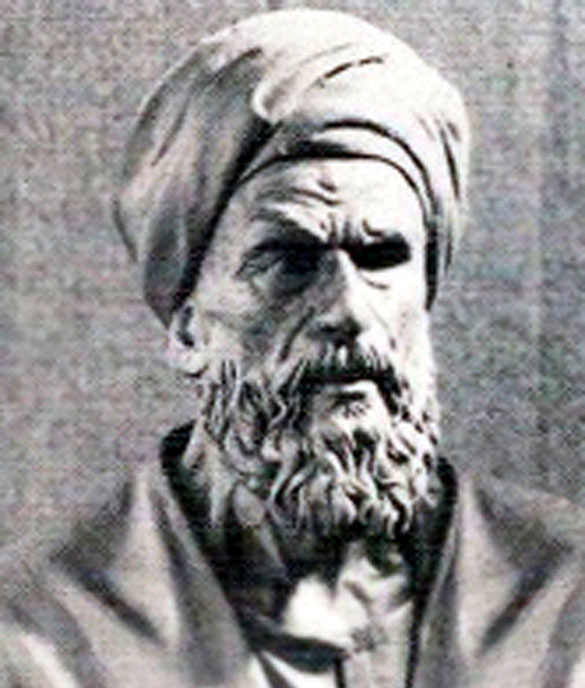
Abū al-ʿAlāʾ al-Maʿarrī was a blind Arab philosopher
-----
Abu
al-A’la al-Maari, a
medieval Syrian poet, has remarked that “The world is divided in two: those
with brains but no religion, and those with religion but no brains.” Ernest
Hemmingway also remarked that “All thinking men are atheists.” Russell wrote
“Religion is based primarily upon fear” and “All religions are both harmful and
untrue.” Major modern figures – philosophers, writers, artists, scientists,
social scientists and academic elite in general largely share various critiques
of religion and can’t be classified as believers in the classical sense. How do
seriously committed religionists respond to this situation?
If God is
the name of very depth or ground of being and the most subtle, advocacy on His
behalf must be equally profound and subtle. The problem is that although God
has no advocates or appointed none Himself, paradoxically, “advocates” on His
behalf have been proliferating. What has happened as a consequence is God’s
reputation has been affected. If we stick to an old adage stating “never
consider inferior minds” of which in modern times Ananda Coomaraswamy, the
great metaphysician and peerless scholar of religions, reminds us often, we
might better understand the case for God and of religion and then make a more
informed response. New Age Gurus and New Atheists, it has been noted by many
first-rate scholars of religions, may often simplistically paraphrase teachings
they respond to or appropriate. Let us meditate on three remarks by first-rate
scholars of respective traditions on the meaning of religion.
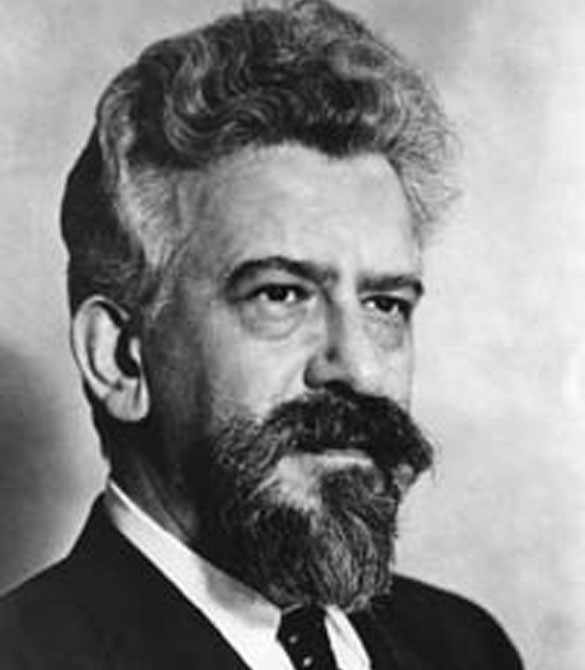
Abraham
Joshua Heschel, the
great Jewish philosopher-mystic and “the prophets’ prophet” from his classic God
in Search of Man: A Philosophy of Judaism (reading which constitutes
immunization against dry despairing nihilism and absurdism, fundamentalism and
shallow criticisms of religion with which market is flooded):
It is
customary to blame secular science and anti-religious philosophy for the
eclipse of religion in modern society. It would be more honest to blame
religion for its own defeats. Religion declined not because it was refuted, but
because it became irrelevant, dull, oppressive, insipid. When faith is
completely replaced by creed, worship by discipline, love by habit; when the
crisis of today is ignored because of the splendour of the past; when faith becomes
an heirloom rather than a living fountain; when religion speaks only in the
name of authority rather than with the voice of compassion–its message becomes
meaningless.
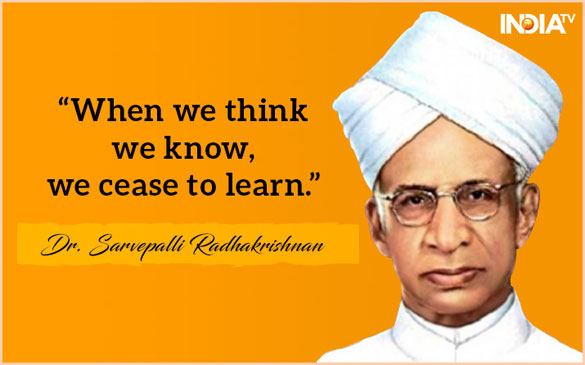
S.
Radhakrishnan, the well-known philosopher and expositor of Indian traditions
and the meaning of religion, from his Religion and Society:
Any serious
pursuit of ideas, any search after conviction, any adventure after virtue
arises from resources whose name is religion. The search of the mind for
beauty, goodness and truth is the search for God. The child nursing at the
breast of his mother, the illiterate savage gazing at the numberless stars, the
scientist in his laboratory studying life under a microscope, the poet
meditating in solitude on the beauty and pathos of the world, the ordinary man
standing reverently before a starlit sky, the Himalayan heights or a quiet sea
or before the highest miracle of all, a human being who is both great and good,
they all possess dimly the sense of the eternal, the feeling of heaven.
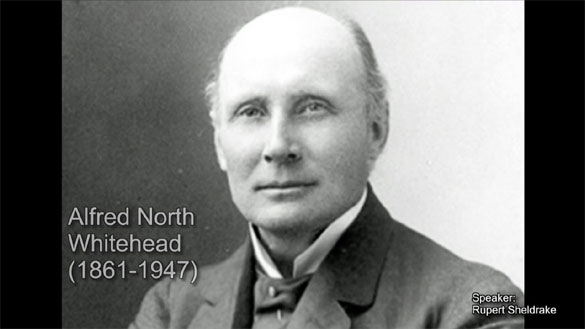
A.N.
Whitehead, the influential process philosopher-mystic, from his classic Science
and the Modern World:
Religion is
the vision of something which stands beyond, behind, and within, the passing
flux of immediate things; something which is real, and yet waiting to be realized;
something which is a remote possibility, and yet the greatest of present facts;
something which gives meaning to all that passes, and yet eludes apprehension;
something whose possession is the final good, and yet is beyond all reach;
something which is the ultimate ideal, and the hopeless quest.
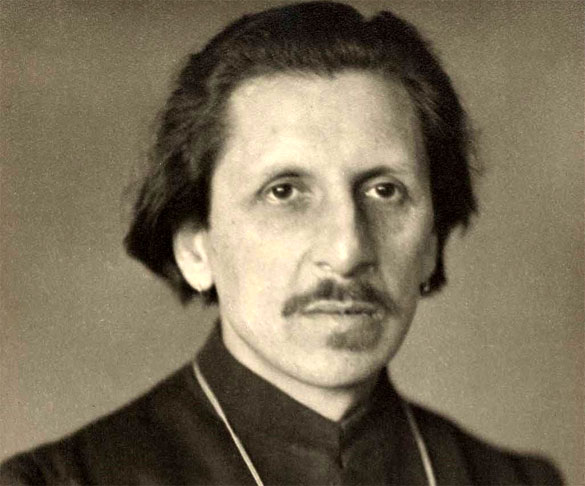
Coomaraswamy,
from his essay “Paths
that lead to the Same Summit”:
Religion
has been offered to modern men in nauseatingly sentimental terms (“Be good,
sweet child,” etc.), and no longer as an intellectual challenge that so many
have been revolted, thinking that that “is all there is to” religion. Such an
emphasis on ethics (and, incidentally, forgetfulness that Christian doctrine
has as much to do with art, i.e. manufacture, making, what and how, as it has
to do with behaviour) plays into the sceptic’s hands; for the desirability and
convenience of the social virtues is such and so evident that it is felt that
if that is all that religion means, why bring in a God to sanction forms of
conduct of which no one denies the propriety? Why indeed? At the same time,
this excessive emphasis upon the moral, and neglect of the intellectual virtues
(which last alone, in orthodox Christian teaching, are held to survive our
dissolution) invite the retorts of the rationalists who maintain that religion
has never been anything but a means of drugging the lower classes and keeping
them quiet.
What is
emphasized in all great self-understandings of religions by sagely figures
revered across traditions by communities is that a) faith when deepened becomes
gnosis and this transforms one deeply or existentially and one is able to get
first-hand validation, b) the religious is deeply linked with the aesthetic,
the artistic and the mystical c) religion is grounded in metaphysical or intellectual
as distinguished from a merely rational dimension of life and d) it succeeds in
lifting us morally though isn’t morality tinged with emotion and fosters love
and compassion and richer, joyous, authentic, engaged life. Ultimately
concerned with what Tillich calls as our ultimate concern, sharpening awareness
or consciousness of what is and grounded in the very ground of being and
connecting us to our own self (theology is really autology, the science of
Self, as Coomaraswamy notes) religions are far from being merely speculative or
psychological affairs, time tested praxis or practical methodologies for the
conquest of suffering and finding meaning in life and they have supremely
succeeded in achieving these aims, especially till recent times when ideological
framing has distorted the fundamentally spiritual-intellectual character of
religion.
Original
Headline: Understanding the critics of religion
Source: The Times of India
URL: https://www.newageislam.com/spiritual-meditations/abu-al-ala-al-maari/d/124213
New Age Islam, Islam Online, Islamic Website, African Muslim News, Arab World News, South Asia News, Indian Muslim News, World Muslim News, Women in Islam, Islamic Feminism, Arab Women, Women In Arab, Islamophobia in America, Muslim Women in West, Islam Women and Feminism
